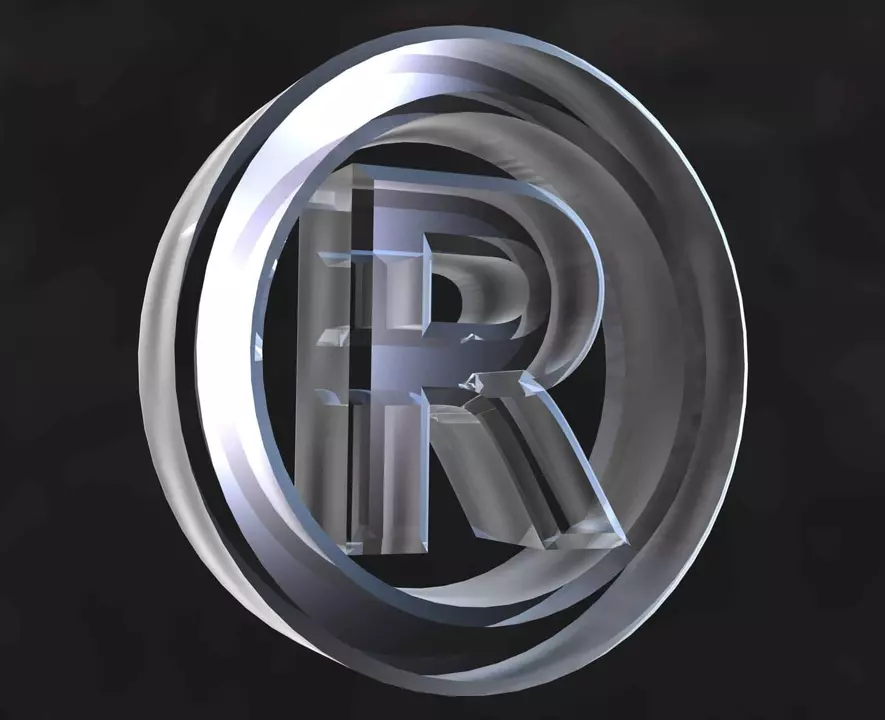Illegal Content – Know the Risks and How to Stay Safe
Ever wondered if something on your site could land you in trouble? Illegal content isn’t just a buzzword – it’s anything that breaks the law, from copyrighted material used without permission to harmful instructions that encourage crime. If you run a blog, an e‑commerce store, or a forum, you need a clear picture of what to watch out for.
Common Types of Illegal Content
The law draws a line around several categories. First, there’s copyrighted material. Sharing movies, music, or software without the owner’s OK is a classic violation. Next, you have explicit hate speech or violent threats – many countries treat those as criminal offenses. Then there’s counterfeit goods: advertising or selling fake products can get you fined or even jailed. Finally, instructions that help people break the law – think step‑by‑step guides for hacking or making illegal weapons – are also off‑limits.
Practical Tips to Stay Compliant
Staying on the right side of the law doesn’t have to be hard. Start by using only content you own or have a clear license for. If you’re reposting, double‑check the source and keep a record of permission. Run regular checks for user‑generated posts – a quick moderation routine catches hateful or threatening language before it spreads.
Set up a simple policy page that tells contributors what’s not allowed. Make the rules easy to read and enforce them consistently. If you sell products, verify that each item is genuine and sourced from a reputable supplier. When in doubt, ask a legal counselor – a quick question now can save you a costly lawsuit later.
Another useful habit is to use automated tools. Many platforms offer filters that flag copyrighted images or suspect keywords. Combine those tools with a human review, and you’ll catch most problems before they go live.
Finally, keep an eye on local laws. What’s illegal in one country might be okay in another, but if your audience is global, you need to meet the strictest standards. Updating your policy after major legal changes ensures you stay compliant without breaking a sweat.
Bottom line: illegal content can damage your reputation, erase your earnings, and even land you in court. By knowing the common pitfalls and following a few practical steps, you can protect your site, your audience, and yourself. Stay aware, stay proactive, and keep your online space safe and legal.
Is it illegal use ® or ™ on some name that isn't trademarked?
- Kaius Sterling
- May 1, 2023
- 0 Comments
In today's blog post, we'll be discussing whether it's illegal to use the symbols ® or ™ on a name that isn't trademarked. From my research, I found out that using the ® symbol on an unregistered trademark is indeed illegal and could lead to penalties. On the other hand, the ™ symbol can be used freely for any name, even if it's not officially registered, as it simply indicates that the owner considers it to be their trademark. Be cautious with these symbols, as misusing them can potentially lead to legal issues. Remember, it's always best to consult with a legal professional when dealing with trademark matters.
read more